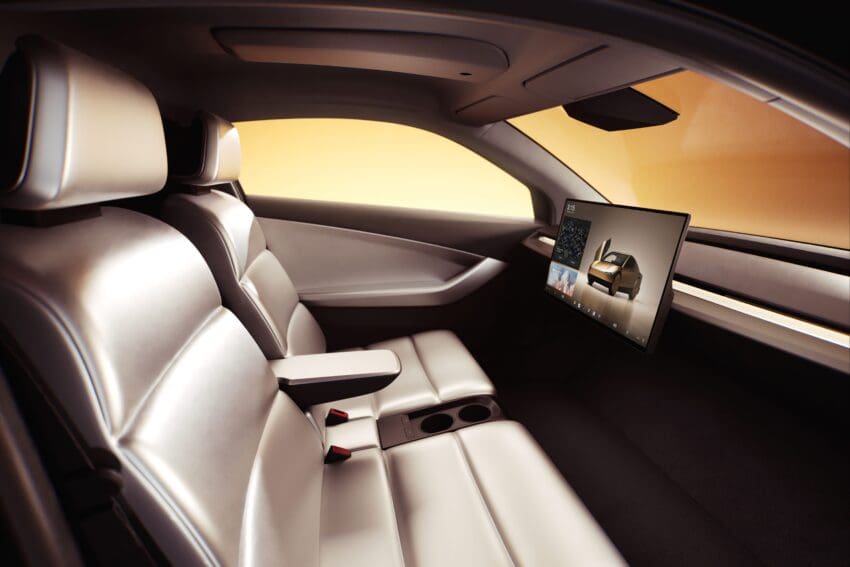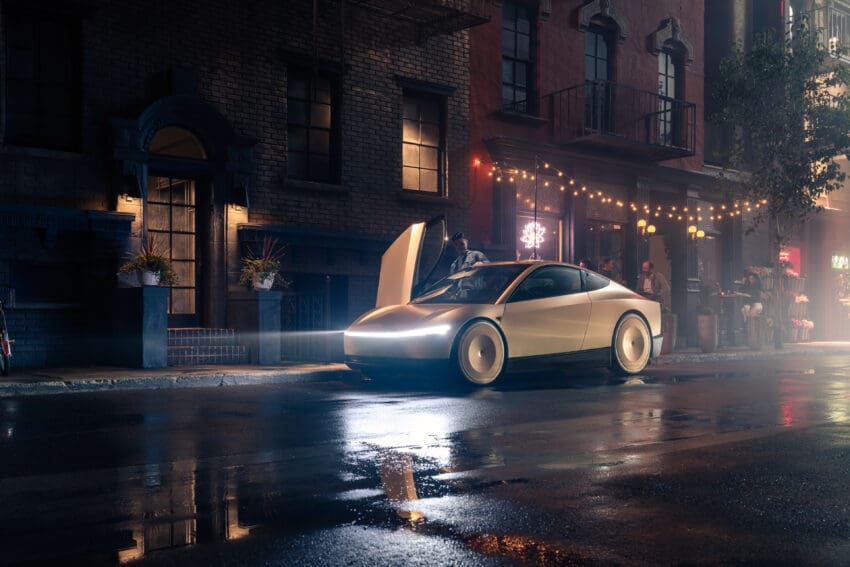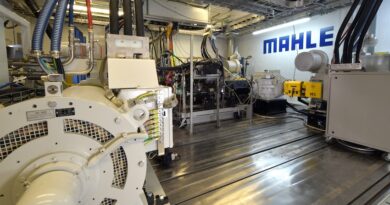Tesla Cybercab to offer driverless taxi rides by 2027, claims Elon Musk
Tesla CEO Elon Musk has unveiled the firm’s new Cybercab model, which he claims will offer full-self driving for under $30,000 within two years.
The two-seat vehicle, which lacks a steering wheel or pedals, was showcased at Tesla’s We, Robot event at Warner Bros Studios in Los Angeles, alongside a 20-seat ‘Robovan’.
Musk arrived at the event in a Cybercab and said 20 more were present at the showcase. He said the compact vehicle would let owners operate them as Uber-style taxis and could be set up as fleets, with an operator acting ‘like a shepherd with a flock of cars’.
He initially said the Cybercab would be in production in 2026, before correcting himself to say “before 2027”, acknowledging “I tend to be a little optimistic with timeframes”.
He also announced that it would be priced from less than $30,000, around £23,000. However, he did not indicate if the Cybercab would go on sale outside the United States.
Because it isn’t designed to be driven by a human operator, the Cybercab features an even more minimalist interior behind its scissor doors. There are two armchair-style seats, cupholders and a large central screen, and very little else.

Both the Cybercab and the larger Robovan are pure electric vehicles but Musk said they would use inductive charging – like a wireless phone charger – rather than a physical cable.
Before either vehicle makes it to market, Musk claimed that Tesla would roll out unsupervised full self-driving (FSD) to Model 3 and Model Y by next year.
Musk originally promised in 2014 that Teslas would be able to drive themselves by 2016, and has repeated the claim every year since, inaccurately stating each time that it would be available within 12 months. Recently the brand was forced to change the description of its FSD package to ‘supervised full self-driving’ in recognition of the fact that the human driver still has hands-on, eyes-on responsibility for the car’s operation even when the system is active.
Musk told attendees: “We’ll move from supervised full self-driving to unsupervised full self-driving. where you can fall asleep and wake up at your destination. It’s going to be a glorious future.”
The announcement comes as a survey of British drivers found a large degree of skepticism about autonomous cars. The poll by Carwow found just 21% of people would be confident riding as a passenger in a self-driving car, with 60% uncomfortable with the idea and 19% unsure.






